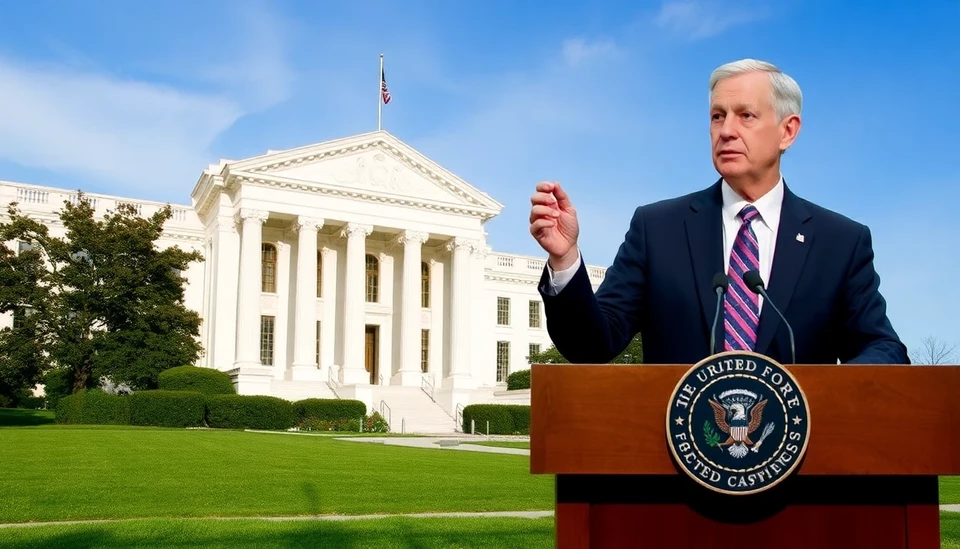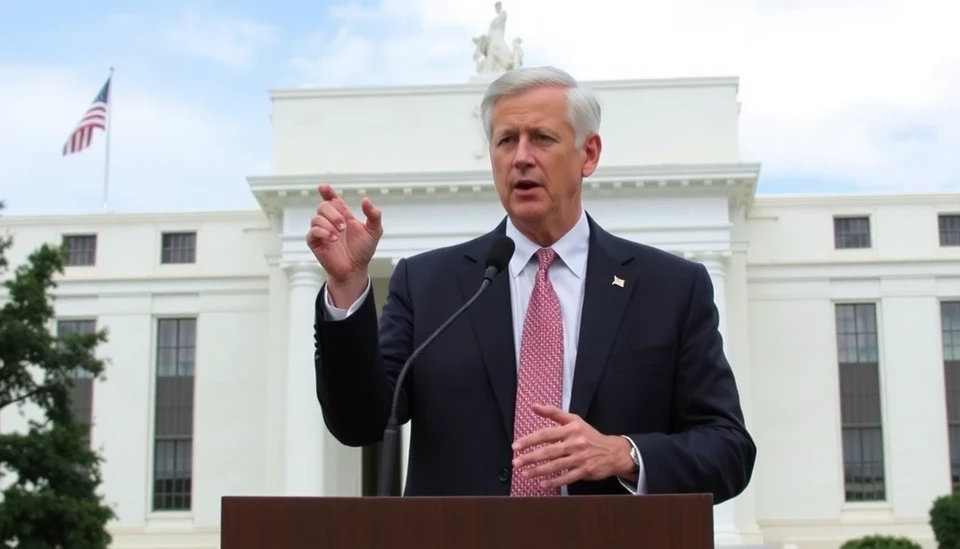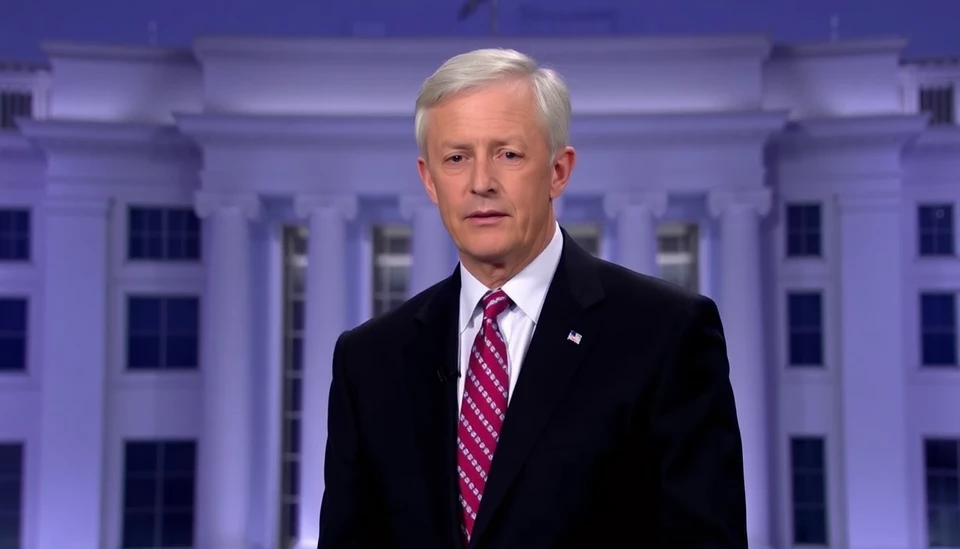
In a highly anticipated testimony before the Senate, Federal Reserve Chairman Jerome Powell delivered remarks that are expected to have significant implications for monetary policy and the broader U.S. economy. As inflation concerns loom large and economic recovery efforts continue to be debated, Powell's statements were scrutinized by lawmakers and financial analysts alike.
During his opening remarks, Powell reiterated the Fed's commitment to maintaining its current monetary policy stance, highlighting the delicate balance the institution must strike between supporting the economy and keeping inflation in check. He emphasized that while the economy has shown signs of recovery, caution is still warranted as several uncertainties remain in the economic landscape.
One of the focal points of Powell's testimony was inflation. He acknowledged that inflation has risen more than anticipated, but he insisted that this rise is largely transitory, stemming from supply chain disruptions and other pandemic-related factors. He assured senators that the Fed is closely monitoring inflationary pressures and stands ready to adjust its policies if necessary.
Senators from both parties probed Powell on the Fed's strategy moving forward. Many questioned the timeline for tapering asset purchases and raising interest rates, expressing concerns about the potential impact on consumer spending and economic growth. Powell responded by stating that the Federal Reserve will make decisions based on the flow of economic data rather than following a predetermined timeline, explaining that fostering a stable economic environment is the primary goal.
Another topic that sparked discussion was the labor market. Powell pointed out that while the job market is improving, there are still millions of individuals who remain unemployed or underemployed. He stressed the Fed's ongoing commitment to promoting maximum employment as part of its dual mandate, which also includes price stability.
Moreover, Powell addressed concerns about the potential fallout from the Fed's gradual withdrawal of monetary stimulus. He assured senators that any adjustments to the current policy framework would be communicated clearly and well in advance to minimize market disruptions. He acknowledged the unpredictability of financial markets but expressed confidence in the Fed’s ability to manage the transition effectively.
As the session drew to a close, Powell fielded questions related to the impact of fiscal policy on economic recovery. He expressed optimism regarding the infrastructure spending proposed by the Biden administration, suggesting it could provide substantial support to the economy and enhance productivity in the long run.
In conclusion, Powell's testimony shed light on the Federal Reserve's policy outlook amid ongoing challenges. His balanced approach reassured lawmakers and stakeholders that the Fed is committed to fostering a sustainable economic recovery while navigating the complexities of inflation and labor market dynamics.
As the Federal Reserve continues to monitor these evolving conditions, all eyes will remain on future policy decisions that could shape U.S. economic recovery in the months ahead.
#FederalReserve #JeromePowell #MonetaryPolicy #SenateTestimony #EconomicRecovery #Inflation #LaborMarket #AssetPurchases #InterestRates
Author: Laura Mitchell




